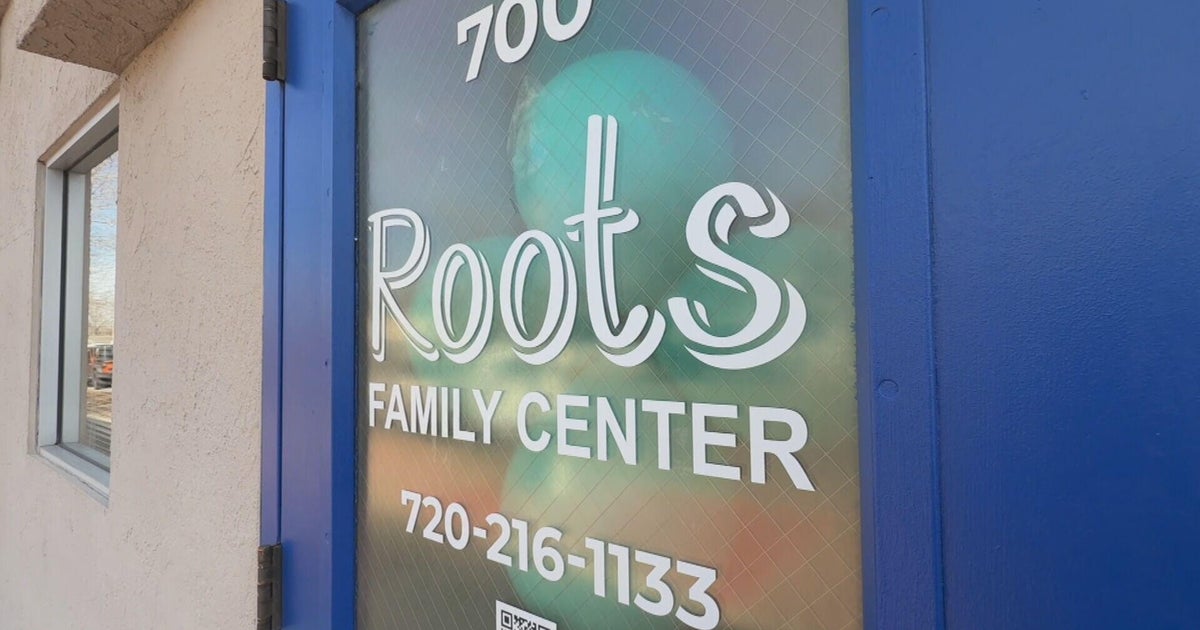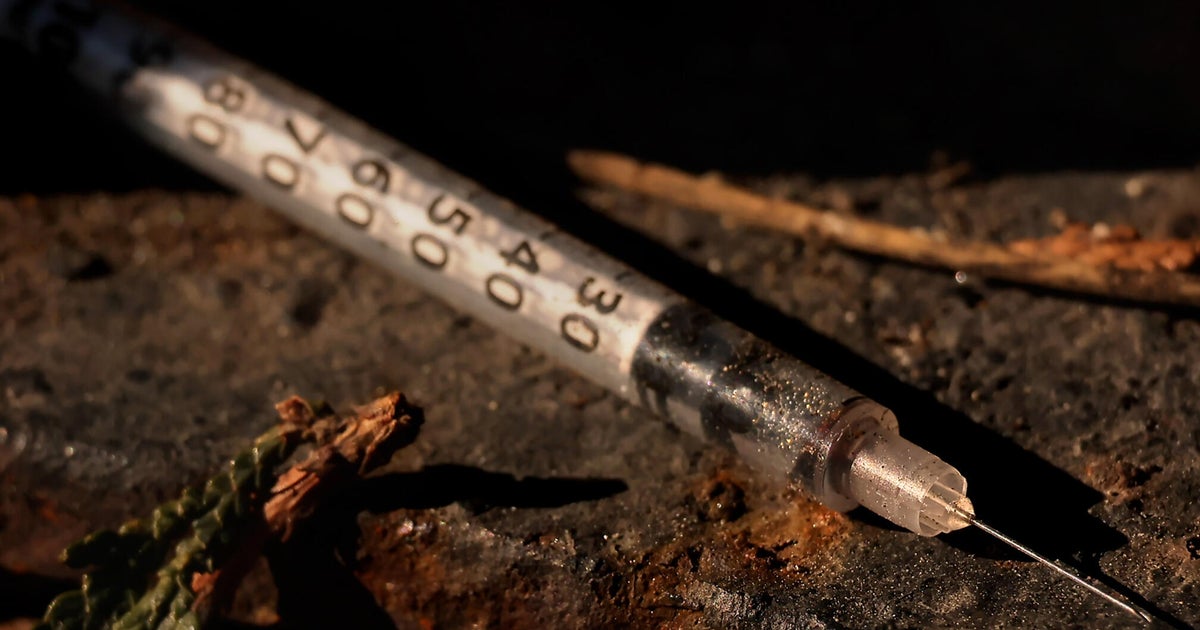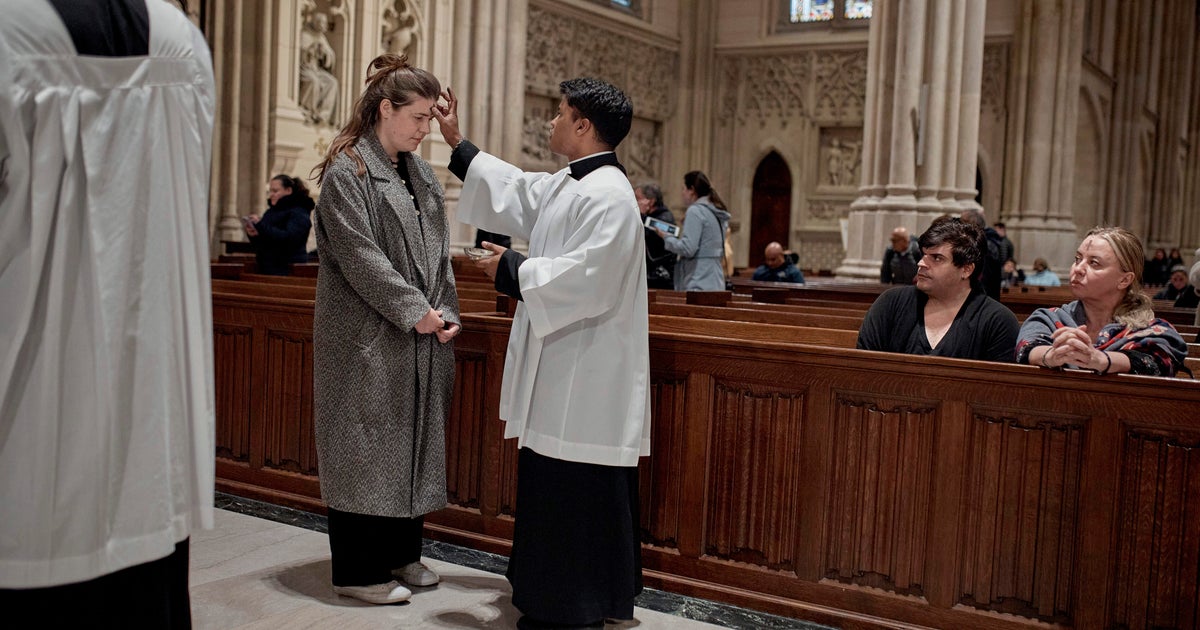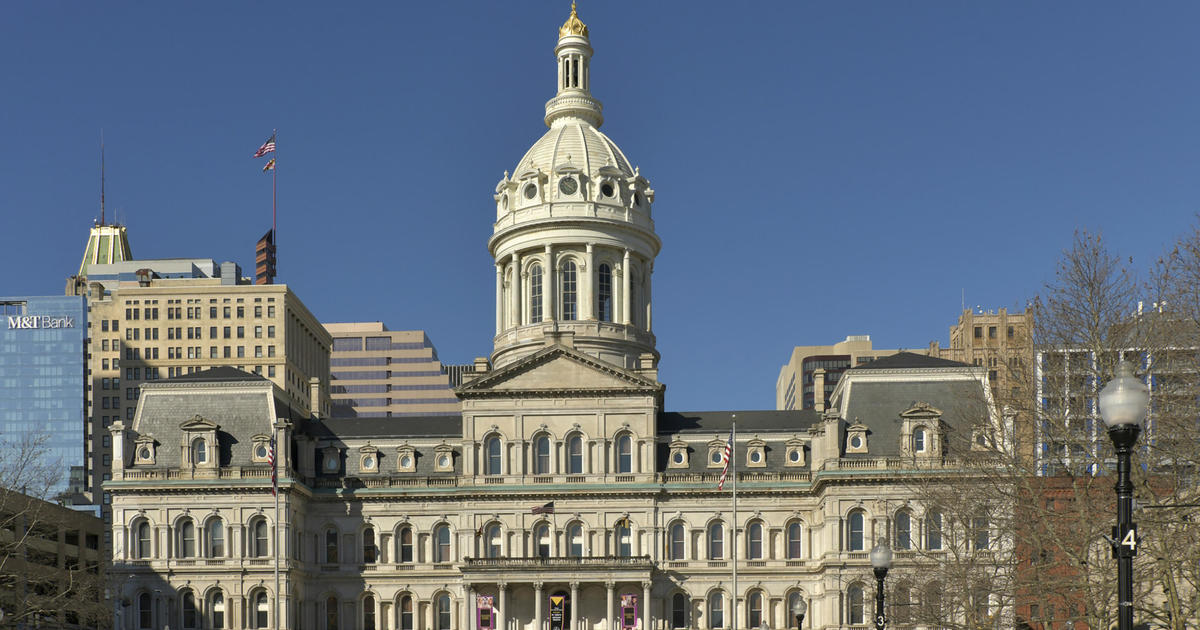Denver to review warming center policy after criticism over outdated guidelines
Denver has decided to open up city recreation centers as emergency warming stations, but this comes after criticism and heat over its policy on when to open these centers.
On Wednesday, the City of Denver held its Safety, Housing, Education, & Homelessness Committee meeting. During the meeting city leaders discussed multiple items including housing stability and winter shelter plans.
Councilwoman Candi CdeBaca questioned the city's guidance on its warming center policy.
"How did we get to the two consecutive days of 100 and below 10? How did we get to those numbers?" CdeBaca asked the committee.
Gregg Thomas, the head of the Denver Department of Public Health and Environment's environmental quality division replied saying "Those thresholds, I started working on this concept back in the mid-2000s. I know at the time when I was looking at this 20 years ago, there wasn't a lot of data and it was really scattered."
When its cold outside, the city of Denver activates warming centers for the homeless and those outside. But those centers don't actually open until its below 10 degrees or if we're expecting at least 6 inches of snow. 32 degrees is considered freezing. Frostbite can happen at 31 degrees.
"It was really frustrating to have this policy that was not rooted in data," said CdeBaca. "We're not protecting life, we have to make policy with the protection of life at the forefront ... and this does not do that."
Emily Williams, a DDPHE spokesperson told CBS News Colorado that temperature and snowfall are just two of the three conditions used to determine the threshold. The other factor is if the National Weather Service issues a wind chill advisory. These thresholds were put into Denver's Emergency Operations plan earlier this year. Previously, the city had no set procedure for when recreation centers would be utilized for warming and cooling centers.
Thomas said in the meeting that "medical clinicians were not consulted when we set these numbers, and they were set a long time ago, so they're outdated."
While the department said it is having conversations with its chief medical officers, medical input wasn't used to determine the threshold levels, which doctors said is worrisome.
"There not a whole lot of evidence for that 10 degrees cut-off and we know that bad things can start happening to the body even in moderately, low temperatures, 40 degrees and below," said Joshua Barocas, associate professor of medicine and infectious diseases physician at the University of Colorado School of Medicine.
Barocas says there is enough medical evidence out there for the city to utilize when determining these thresholds, especially when it's dealing people's lives.
"A public health agency shouldn't exist in a vacuum," Barocas. "It needs to be an evidence driven approach and it has to take into account the voices of around the region."
In a statement Williams said "as a reminder, this plan is not meant to specifically address shelter for unhoused people. Denver has a robust shelter system for people experiencing homelessness and there is shelter space available, including day shelters and overnight shelters, for people who are seeking to get out of the elements. These shelters are open 24/7 and space is available no matter the weather."
The city will be reviewing the thresholds over the next few weeks. The warming centers will be open on Thursday and Friday.
For more information on this meeting click here.







